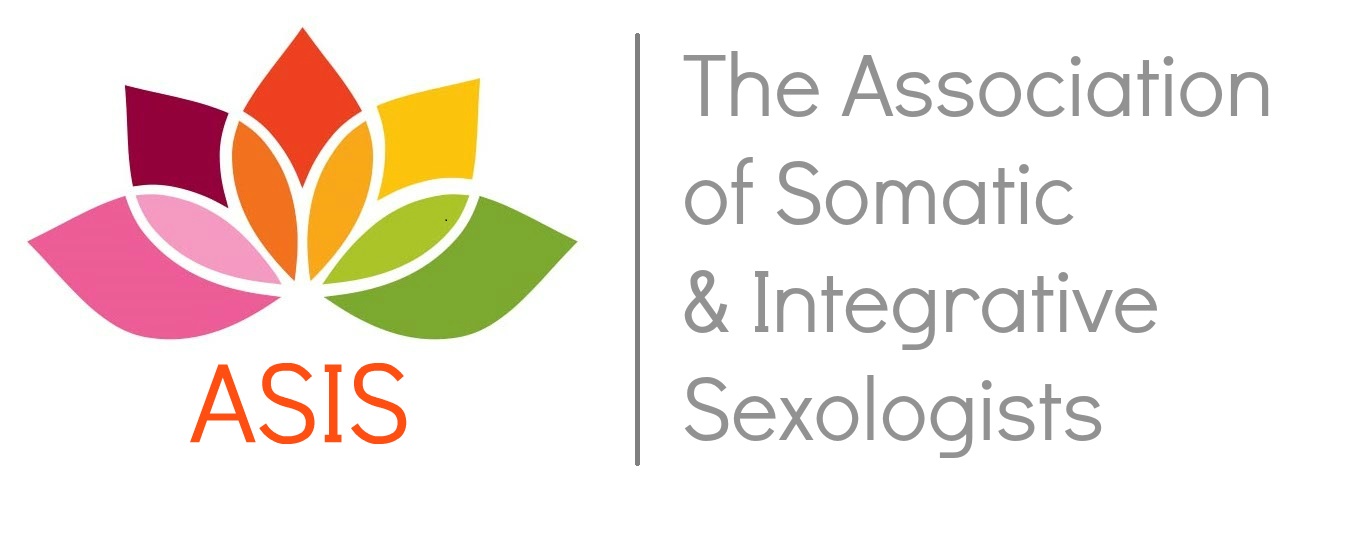Our mission
Mission statement
Healthy sexual embodiment and sexual pleasure are our birthright. The Association of Somatic and Integrative Sexologists (ASIS) is dedicated to enhancing people’s lives through supporting individuals to achieve their full potential of sexual embodiment, building awareness about the profession of somatic sexology, and providing professional criteria for practitioners working in the field.
Aims and objectives
- To establish somatic sexology as a recognised therapeutic and professional practice with high standards of care for the safety of clients and practitioners.
- To establish a strong community of somatic and integrative sexologists from multi-disciplinary backgrounds and promote dialogue, exchange of information and mutual support among members.
- To maintain and promote standards, ethics, and professionalism among its members.
- To provide the general public with information and education about practitioners and practices.
- To develop and support activities which further the development and understanding of somatic sexology including the organisation of workshops, seminars, and other meetings which present the work to the general public and/or aid the Continuing Professional Development (CPD) of members.
Statement of acknowledgement
ASIS exists thanks to the tireless efforts of a core group of practitioners who are dedicated to creating a worldwide standard of professionalism in the field of somatic sexology.
ASIS also stands upon the shoulders of giants, who have inspired us and shown us the way. Other existing professional bodies such as BACP and UKCP, and the European Association of Body Psychotherapy have inspired the formation of ASIS. We are also thankful for the pioneering work of the Association of Certified Sexological Bodywork (ACSB) and the Somatic Sex Educator’s Association of Australasia (SSEAA) and are grateful for their support in sharing written materials for ASIS to draw upon.
Without the inspirational and sometimes pioneering work of these individuals and groups, ASIS would not exist.


